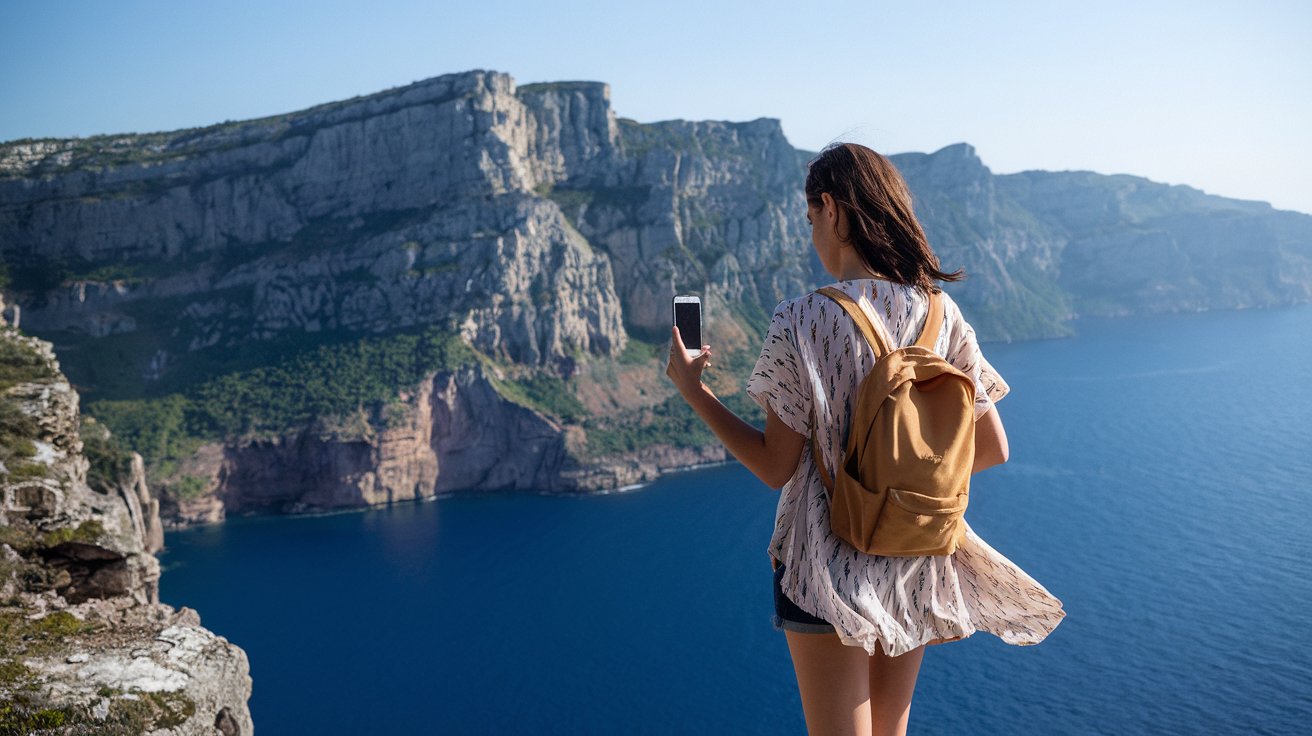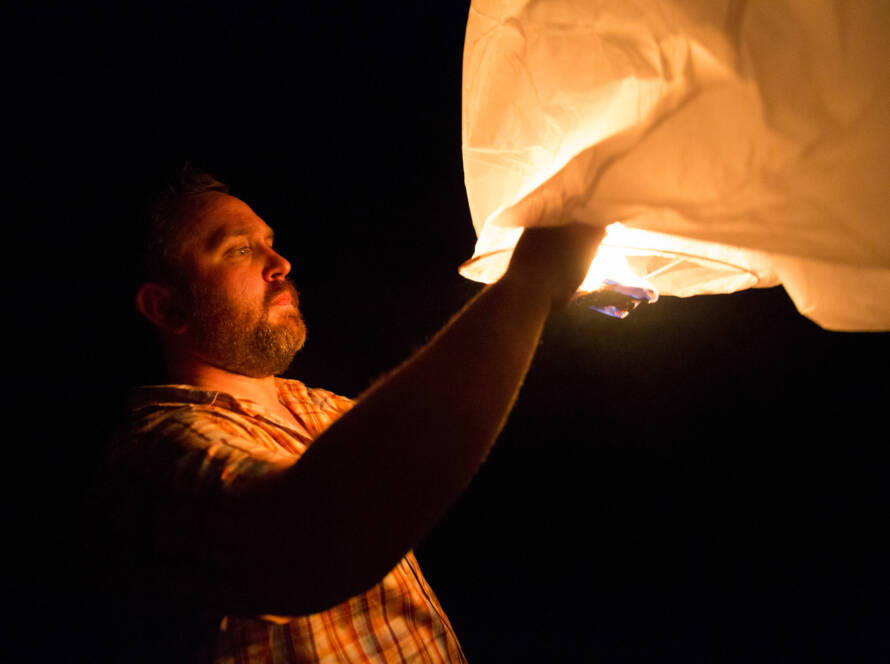|
Getting your Trinity Audio player ready...
|
In an age where smartphones serve as travel agents and AI-driven tools predict preferences before travelers even voice them, the way destinations market themselves has fundamentally changed. Today’s travelers expect seamless, personalized, and immersive experiences long before they arrive—and technology delivers just that. From AI-powered personalization to virtual reality previews, tech innovations are redefining how destinations attract and retain visitors. Here’s a look at the transformative trends shaping destination marketing in 2025 and beyond.
AI-Powered Personalization: Marketing to One
Gone are the days of broad-stroke marketing campaigns. Travelers now demand experiences that feel tailored to their unique preferences. Artificial intelligence (AI) analyzes vast amounts of data to create hyper-personalized recommendations, ensuring destinations connect with travelers on a deeply personal level.
How It Works:
- AI systems analyze online behaviors, past travel history, and social media activity to craft bespoke travel suggestions.
- Dynamic content adapts in real-time. For example, a traveler searching for “best beaches in the Caribbean” might receive ads or emails featuring curated itineraries based on their browsing habits or seasonality preferences.
- Chatbots powered by AI answer questions instantly and provide tailored suggestions. Imagine a prospective traveler asking, “What’s the best activity for families in your city during summer?” and receiving a detailed answer in seconds.
Case Study: Visit Finland’s “Recommendation Engine“ uses AI to offer personalized travel itineraries based on user preferences, from adventure seekers to food enthusiasts. This approach not only increases engagement but also enhances the traveler’s perception of the destination’s relevance to their needs.
Takeaway: Destinations that leverage AI to provide customized interactions gain a competitive edge by building trust and excitement before travelers even book.
Virtual Reality Previews: Try Before You Fly
Travelers want confidence that their chosen destination aligns with their expectations, especially for significant investments like international vacations. Virtual reality (VR) enables destinations to offer immersive previews, allowing visitors to “try before they fly.”
Applications of VR in Destination Marketing:
- Virtual Tours: Prospective travelers can explore destinations in 360-degree views, from the bustling streets of Bangkok to the serene vineyards of Tuscany.
- Event Previews: Destinations can showcase cultural festivals, concerts, or seasonal highlights through VR, giving potential visitors a taste of the experience.
- Accessibility Exploration: For travelers with specific mobility needs, VR offers a way to explore a destination’s accessibility features in advance, removing travel barriers.
Example in Action: The Jordan Tourism Board uses VR to transport potential visitors to iconic sites like Petra. Travelers can virtually walk through ancient ruins, experiencing the scale and beauty in an immersive way that pictures and videos cannot replicate.
Impact: VR doesn’t just inform—it inspires. By engaging the senses, it builds emotional connections with prospective visitors, increasing the likelihood of conversion.
Smart Travel Planning Tools: Simplifying the Journey
The tech-savvy traveler values efficiency. From research to booking to navigating a destination, smart planning tools powered by AI and big data make the travel process effortless.
Innovative Features:
- Itinerary Optimization: Tools like Google’s Travel Planner or AI platforms like Utrip analyze travelers’ schedules, budgets, and preferences to create seamless itineraries. These tools can balance sightseeing with downtime, ensuring travelers maximize their time without feeling overwhelmed.
- Dynamic Pricing Insights: AI-driven apps can predict price drops for flights and accommodations, helping travelers book smarter and stay within budget.
- Real-Time Assistance: Apps now offer real-time updates on weather, transportation, and local events, empowering travelers to adapt their plans effortlessly.
Emerging Trends:
- Voice Search Optimization: More travelers are using voice assistants like Alexa or Google Assistant to research destinations. Destinations that optimize their content for voice search can capture this growing audience.
- AI-Driven Reviews: Platforms are evolving to use AI to verify authenticity and curate reviews tailored to a traveler’s specific interests (e.g., “Show me reviews about family activities in Lisbon”).
Example: Japan’s travel app, Odigo, offers AI-powered itineraries that adjust based on preferences like food, adventure, or relaxation. It also integrates with navigation tools, ensuring travelers don’t waste time getting lost.
Key Insight: By simplifying complex decisions, smart tools help travelers focus on enjoying the experience rather than worrying about logistics.
Data-Driven Insights: Refining Marketing Strategies
Behind every successful campaign lies data. With the ability to track and analyze user behavior at every stage of the traveler journey, DMOs can fine-tune their marketing strategies to meet evolving demands.
Data in Action:
- Predictive Analytics: DMOs can forecast trends and identify emerging markets by analyzing booking data, web traffic, and social listening tools.
- Geotargeted Ads: Destinations use location data to deliver ads to users based on where they’re currently located. For instance, a ski resort may target nearby urban areas with ads promoting a weekend escape after a snowfall.
- Engagement Metrics: By monitoring how travelers interact with digital content—whether it’s social media posts, email campaigns, or blog articles—DMOs can identify what resonates most and refine their messaging.
Example: New York City’s tourism board uses advanced analytics to track visitor engagement with digital content. Insights from the data have helped them identify which neighborhoods and attractions to highlight in international marketing campaigns.
Result: Data ensures that marketing efforts are not only effective but also cost-efficient, maximizing ROI.
Challenges and Ethical Considerations
As with any technological advancement, there are challenges:
- Privacy Concerns: The use of personal data raises questions about consent and transparency. DMOs must prioritize ethical practices, ensuring travelers feel secure about how their information is used.
- Overreliance on Tech: While technology enhances the experience, it can’t replace the human touch. Travelers still value authentic, face-to-face interactions that tech alone can’t provide.
Balancing innovation with authenticity will be crucial for destinations looking to maintain trust while leveraging the latest tools.
How To Apply This Information
The tech-driven traveler expects more than just a brochure and a booking form. They demand personalization, immersion, and effortless planning—and AI, VR, and data-driven tools make it possible. For destination marketers, these technologies offer unprecedented opportunities to create meaningful connections, streamline the visitor journey, and stand out in an increasingly competitive market.https://www.brandvoyagers.com/preserving-heritage-and-culture-is-essential-for-destination-marketing/
The future of destination marketing isn’t just about selling a place—it’s about creating a tech-enhanced partnership with the traveler, where convenience meets inspiration. Destinations that embrace this shift will not only attract visitors but turn them into lifelong advocates.
Key Takeaway: The destinations of tomorrow will thrive by blending cutting-edge technology with authentic storytelling, ensuring every traveler feels seen, understood, and inspired.



